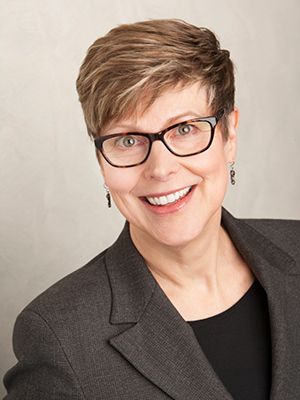I’ve been hearing about opioid addiction and deaths. Should I worry about painkillers?

Judith Paice, Director of the Cancer Pain Program in the Division of Hematology-Oncology at Northwestern University’s Feinberg School of Medicine in Chicago. Photo courtesy of Judith Paice
JUDITH PAICE: The epidemic of opioid addiction and related deaths is a prominent subject in the news today. As a cancer patient, you may find yourself facing comments related to the risk of addiction and whether the pain medication you’ve been prescribed is really needed. These concerns are certainly valid, but they can be addressed without leaving you in pain.
Remember that if your pain is under control, you will be able to move more easily and breathe more deeply. That means you can recover from cancer treatment more effectively and prevent other health complications, such as blood clots and pneumonia. While overuse or misuse of pain medications has real consequences, unrelieved or undertreated pain can be equally consequential.
There are some guidelines I tell my patients to follow. You should never take opioids to fall asleep at night. Don’t take opioids to treat anxiety, to feel less sad or to otherwise alter your mood. Opioid painkillers should be taken only for pain.
Other strategies may provide additional reassurance if you are concerned about misusing your medications. You may ask your doctor to dispense opioids in small quantities or you might consider engaging a trusted family member to help you take your medication according to a set schedule. That can help you keep your medication and pain levels stable.
In many cases, people who misuse prescription opioids never had their own prescription for those medications in the first place. With that in mind, I recommend keeping your medications locked up to avoid any potential for misuse by friends, family or others visiting your home. Sometimes my patients are shocked by the thought that a loved one might steal their medications, but safe storage is crucial.
If you haven’t already, I would encourage you to talk to your health care team about your fears. Sometimes people worry that raising those concerns might make a provider think they are becoming addicted, but that’s simply not the case. With teamwork, honesty and emotional support, opioid medications can be used safely and responsibly.
USING OPIOIDS SAFELY // The Centers for Disease Control and Prevention gives an overview of the opioid epidemic. // The American Cancer Society offers tips on taking pain medicines safely. // Cancer.net provides a podcast highlighting the risks and benefits of opioids in cancer care.
Cancer Today magazine is free to cancer patients, survivors and caregivers who live in the U.S. Subscribe here to receive four issues per year.




